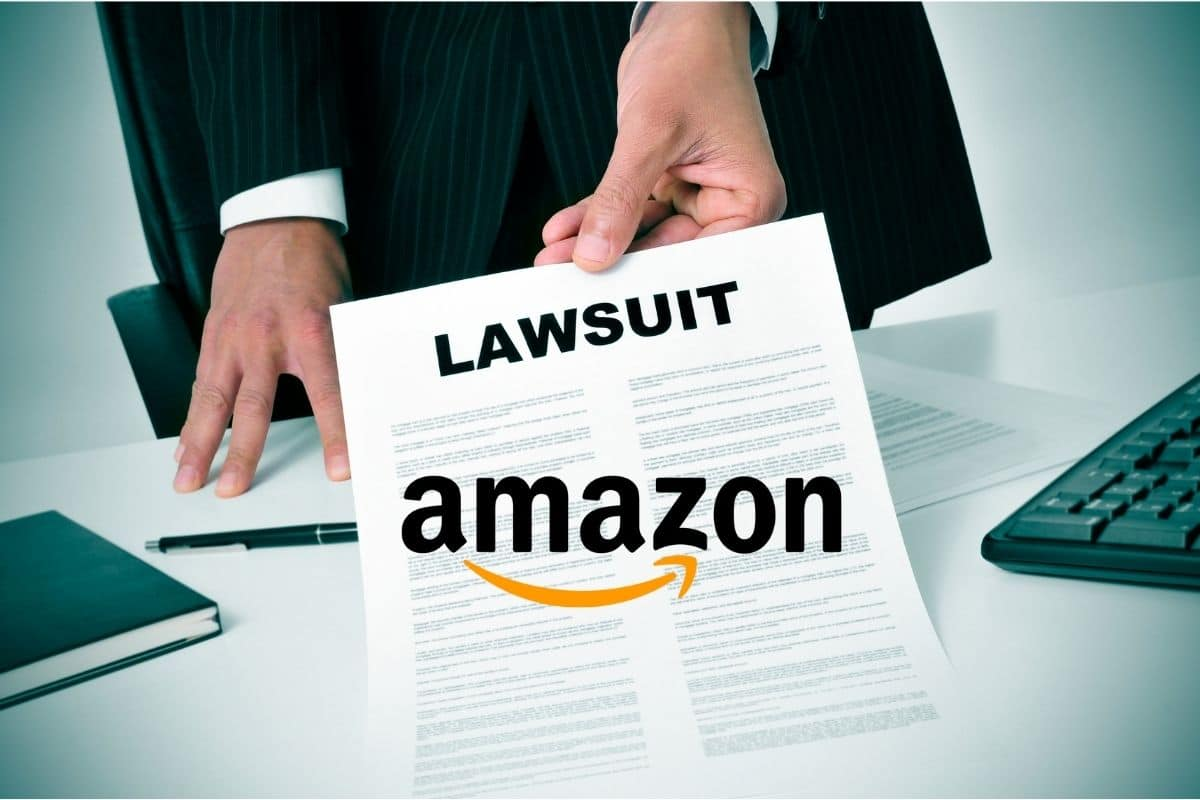Free Courses Sale ends Soon, Get It Now


Free Courses Sale ends Soon, Get It Now



Copyright infringement not intended
Picture Courtesy: chat.openai.com
Context: The United States Federal Trade Commission (FTC) has filed an antitrust lawsuit against Amazon, accusing the company of harming consumers by stifling competition. The FTC alleges that Amazon engaged in unfair tactics to "illegally maintain its monopoly power" in the online retail industry.
Key Highlights
|
Antitrust lawsuit ●Antitrust laws are designed to promote fair competition, prevent monopolies, and protect consumers from unfair business practices. ●The primary purpose of antitrust laws is to ensure that markets remain competitive and that no single company or group of companies gains excessive market power or engages in practices that harm competition. ●Antitrust lawsuits typically target a range of anticompetitive behaviour, including price-fixing, monopolization, collusion, bid-rigging, tying arrangements, and other practices that restrict competition. ●Antitrust lawsuits can be initiated by government authorities, such as the Federal Trade Commission (FTC) in the United States or the European Commission in the European Union. Private parties, including competitors and consumers, can also file antitrust lawsuits seeking damages or injunctive relief. ●One common focus of antitrust lawsuits is the prevention or breakup of monopolies. Monopolies occur when a single company or a group of companies dominate a market to the detriment of competition. ●Antitrust lawsuits can lead to various remedies, including fines, divestitures (forcing a company to sell off parts of its business), injunctions (court orders to cease anti-competitive practices), and damages awards to injured parties. ●In addition to government enforcement, private parties can sue for damages resulting from antitrust violations. Private antitrust lawsuits can lead to significant financial awards if plaintiffs can demonstrate harm. ●Antitrust enforcement is an ongoing process, with regulatory agencies continuously monitoring markets and investigating potential anticompetitive practices. |
Must Read Articles:
Antitrust: https://www.iasgyan.in/ig-uploads/pdf/info_Anti-trust_trials_against_big-techs.pdf
|
PRACTICE QUESTION Q. Consider the following statements in the context of Antitrust laws: 1.The primary purpose of antitrust laws is to ensure that markets remain competitive. 2.Antitrust lawsuits can be initiated only by government authorities. 3.Private parties can sue for damages resulting from antitrust violations. How many of the above statement is/are correct? A. Only one B. Only two C. All three D. None Answer: B. Only two Explanation: Statement 1 is correct: The primary purpose of antitrust laws is to ensure that markets remain competitive. Statement 2 is incorrect: Antitrust lawsuits can be initiated not only by government authorities but also by private parties. Statement 3 is correct: Private parties can indeed sue for damages resulting from antitrust violations. |
© 2024 iasgyan. All right reserved